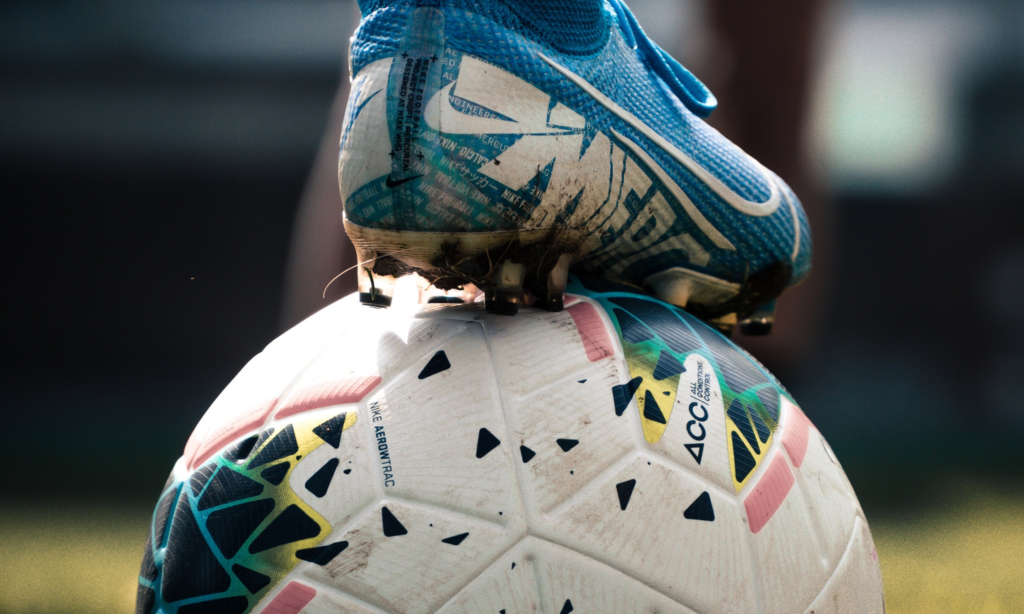NEWS ITEM: The U.S. Soccer Federation has announced a deal to pay the U.S. Men’s National Team and the U.S. Women’s National Team equally, eliminating a contentious pay gap that saw female players earn significantly less.
“Equity” is a common buzzword nowadays—kind of like “diversity.” It does seem equitable that members of our men’s and women’s national soccer teams be compensated similarly. Still, some feel that the quest for equity sometimes creates unfairness.
Men’s World Cup soccer has been around for almost a century. The first women’s World Cup was awarded in 1991. Does longevity matter?
Some wonder.
Further, consider the differing followings for men’s and women’s World Cup tournaments. The 2018 men’s World Cup soccer tournament was watched by a record-breaking 3.57 BILLION people. In contrast, the 2019 Women’s World Cup was viewed by “only” 1.12 billion, according to FIFA.
Men’s World Cup soccer generates much more revenue than does Women’s World Cup soccer. Should that fact influence the compensation levels for our respective national teams? Some think so. But would that be “equitable?”
Consider the disparate compensation levels for NBA and WNBA players. The average annual NBA salary is $7.5 million. The average WNBA salary is $121,000. That’s hardly equitable.
But the average WNBA attendance is around 2600 per game, as compared to an average NBA attendance of over 17,000 per game—92% of capacity.
So should market realities impact compensation levels for men’s and women’s sports?
Some wonder.
Federal “Title IX” legislation passed in 1972 prohibited sex-based discrimination at educational institutions receiving federal monies. Over time this helped create a whole new world of opportunity for female athletes. As a father to some fabulous Concord High School girls’ soccer players, I’m especially grateful that they had sports opportunities earlier unavailable to girls.
Still, sports equity came with a price. To accommodate Title IX requirements, countless male sports programs were eliminated.
Consider college wrestling. In 1982 there were 363 NCAA wrestling teams. In 2001 that number had dropped to 229 and dropped further still over the following years.
Was that “equitable” for wrestlers?
Some wonder.
Others feel the quest for “equity” negatively impacts education. Honors programs have been eliminated in California and elsewhere. Identifying and supporting gifted and talented students is not seen as “equitable” to progressives seeking those “level” playing fields—so to speak.
It may be “equitable” to teach to the lowest common denominator, but is it fair—or right—to hold back gifted students in the process?
New Hampshire is somewhere around 50th in the nation in terms of identifying and supporting gifted students. Fortunately, Governor Chris Sununu signed HB319 last year which finally requires school districts to pay some attention to this neglected population.
A facile reverence to “equity” creates new challenges. Ask those wrestlers whose programs disappeared. Or male swimmers, gymnasts, cross country runners, and so many others whose teams were sacrificed at the altar of “equity.”
Should reasonable qualitative fairness trump mandated quantitative equity in some sports situations?
Some wonder.
#####
State Rep. Mike Moffett of Loudon is a former professor of Sports Management.





